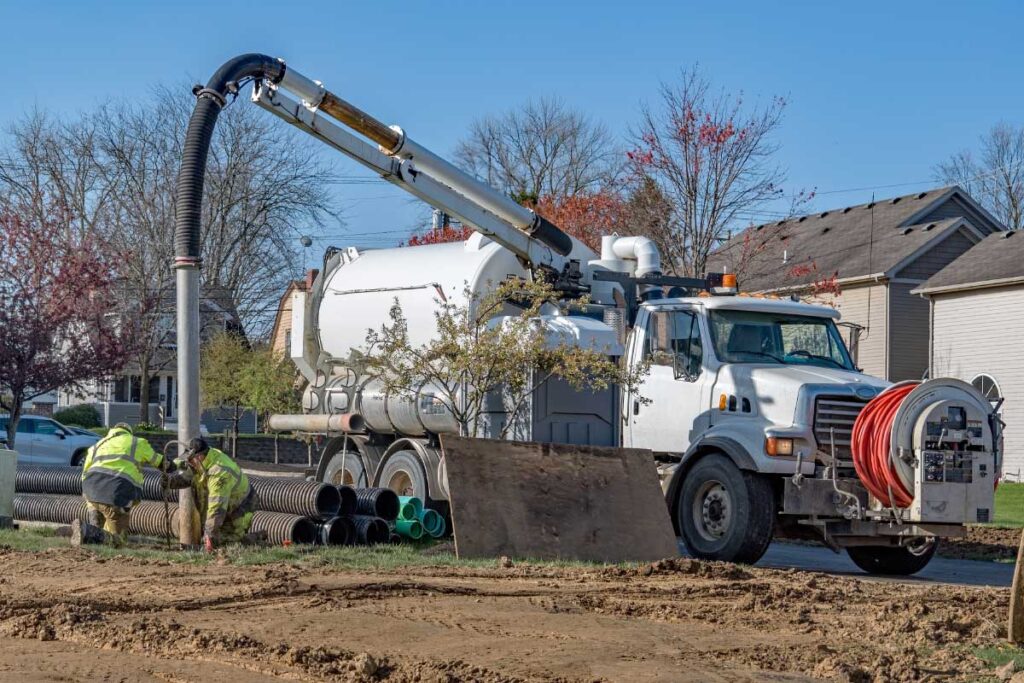In 2024, AI-driven predictive maintenance is poised to be a game changer, transforming how businesses minimize downtime and maximize equipment reliability. In this blog, we will delve into the profound impact of AI-powered predictive maintenance and why it’s a crucial strategy for service organizations.
The Problem with Reactive Maintenance
Traditional maintenance strategies often rely on reactive approaches, which means addressing issues only after equipment or machinery breaks down. This approach, while common, comes with a host of challenges and drawbacks:
- Unplanned Downtime: Unexpected breakdowns can lead to costly downtime, disrupt operations, and even result in missed service appointments.
- Increased Repair Costs: Reactive maintenance tends to be more expensive, as it often involves emergency repairs and expedited parts orders.
- Reduced Equipment Lifespan: Frequent breakdowns and delayed maintenance can significantly shorten the life expectancy of valuable assets.
- Customer Disruption: Downtime and delays can negatively impact customer satisfaction and trust.
The Promise of Predictive Maintenance
Predictive maintenance, enabled by AI, offers a proactive alternative to reactive maintenance. This strategy uses advanced algorithms and sensors to predict when equipment is likely to fail before it happens. Here’s how AI-driven predictive maintenance is poised to revolutionize service in 2024:
- Data-Driven Insights: AI systems analyze vast amounts of historical data, including sensor readings, equipment performance metrics, and maintenance records. This data is used to identify patterns and anomalies that can predict impending failures.
- Proactive Repairs: Predictive maintenance triggers maintenance or repairs based on data analysis rather than a fixed schedule. This ensures that maintenance is performed precisely when it’s needed, minimizing unnecessary interventions.
- Reduced Downtime: By addressing issues before they lead to breakdowns, predictive maintenance significantly reduces unplanned downtime, enabling organizations to maintain operational continuity.
- Cost Savings: Proactive maintenance is more cost-effective than reactive approaches. It reduces the need for emergency repairs, rush orders for replacement parts, and overtime labor costs.
- Maximized Equipment Reliability: Predictive maintenance maximizes the reliability and availability of equipment, ultimately extending its lifespan and enhancing performance.
AI’s Role in Predictive Maintenance
The success of predictive maintenance relies heavily on AI’s capabilities, including:
- Machine Learning Algorithms: AI utilizes machine learning models to predict equipment failures by analyzing data patterns, enabling organizations to make informed decisions.
- Sensor Technology: IoT sensors are crucial for collecting real-time data on equipment health and performance. AI integrates this data for analysis.
- Automation: AI-driven predictive maintenance can automate the process of identifying maintenance needs and scheduling repairs, reducing the burden on human operators.
Getting Started with AI-Powered Predictive Maintenance
To harness the potential of AI-powered predictive maintenance in 2024, service organizations should consider the following steps:
- Data Collection and Integration: Gather data from sensors and other relevant sources to build a comprehensive dataset for AI analysis.
- Selecting the Right AI Tools: Choose the appropriate AI and machine learning tools that align with the specific needs and goals of the organization.
- Training and Skill Development: Provide training and upskilling for employees who will be working with AI-driven predictive maintenance systems.
- Integration with Existing Systems: Ensure that the AI system seamlessly integrates with existing field service management and enterprise resource planning (ERP) systems.
- Continuous Monitoring and Optimization: Regularly assess and optimize the AI algorithms and systems to ensure accuracy and reliability.
IFS.ai Supercharges IFS Cloud for Your Industry
IFS.ai offers AI-powered predictive maintenance and has proven to be a game changer for service management. IFS.ai can reduce downtime, lower costs, enhance equipment reliability, and improve overall customer satisfaction. As service organizations embrace AI-driven strategies, they position themselves for a more efficient, competitive, and successful future. With the right tools and a commitment to proactive maintenance, the future of service management looks brighter than ever with IFS.ai.
At Gogh Solutions we specialize in IFS Cloud for Service Management (FSM) application implementations and work with some of the biggest organizations across multiple industries. Our goal is to provide our clients with the tools and resources they need to unlock the full potential of their IFS Service Management solution. Contact us to find out how Gogh Solutions can drive your successful IFS Service Management implementation.






